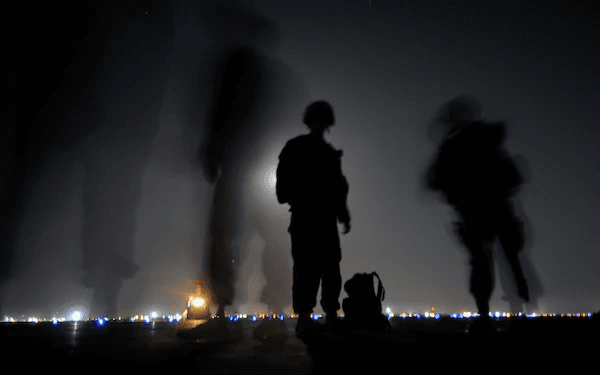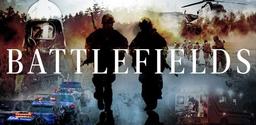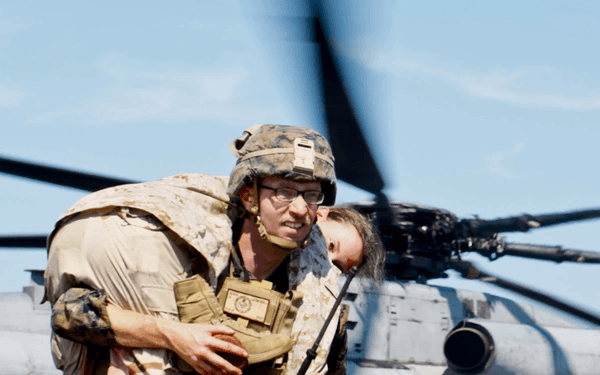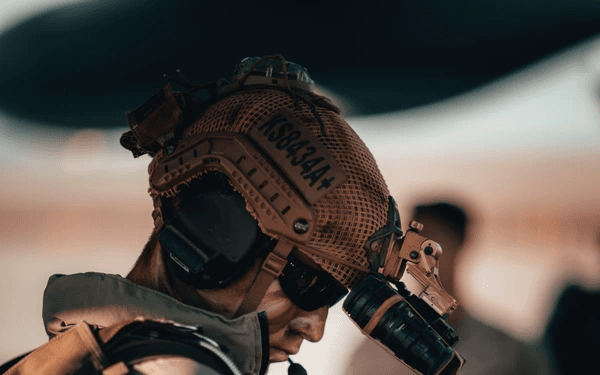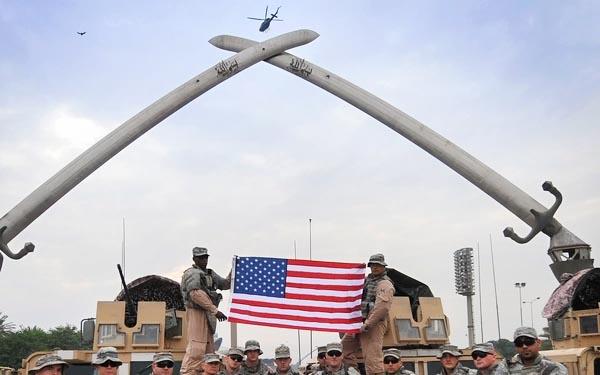Commentary
My dad was a good man, but for me, his goodness has nothing to do with his work at the Joint Special Operations Command (JSOC). In fact, my regard for the professionals at JSOC and the critically important and dangerous missions they execute behind the scenes produces powerfully mixed feelings for me. That’s because, in addition to reverence and respect, I also felt jealous loathing for JSOC for 37 years.
